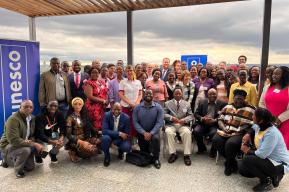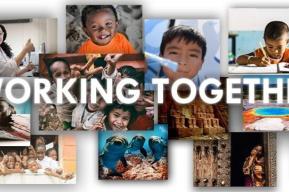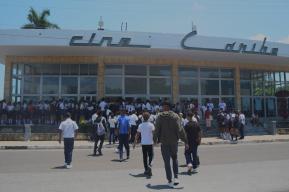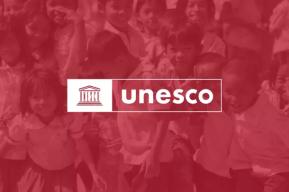
Article
Hybrid Education, Learning and Assessment: A Reader

Throughout its history, UNESCO-IBE has focused on the study and dissemination of educational innovations, particularly with respect to curriculum, pedagogy and learning within an international comparative perspective. Today, IBE is pleased to publish Hybrid Education, Learning and Assessment: A Reader.
Innovation emerges in response to necessity. Humans are constantly in the process of reinventing themselves: we adapt, change, and grow. Learning is a lifelong journey that is central to this process. So too is adversity. As we face challenges and roadblocks, we adapt to find different ways forward. This includes adapting how we learn.
COVID-19 caused significant deficits, but it was also met with an unprecedented period of creativity and innovation in how we educate amidst incredible constraints. Around the world, across sectors, geographies, and philosophies, different entities made breakthroughs in how we can educate and make learning possible despite these circumstances.
This new reader presents a collection of insights into the accelerated emergence of Hybrid Education, Learning, and Assessment (HELA) practices globally after the impulse given by the pandemic. We understand education as a social activity that is integrated in every part of society and woven into the social fabric of every community. It is therefore impossible to speak about education in siloed rhetoric, separate from the circumstances of public health or economy. HELA practices are being utilised at an increasing rate in ways that extend far beyond particular technologies or approaches, changing the landscape of education as we know it. These are embedded in the way we live, work, communicate and do business in the current world, and as such we need to help schools to mirror existing social practices.
This book systematises what has been learned from the educational innovations generated in response to the pandemic. Eight chapters expand on the notion of a hybrid continuum of learning; the possibilities that exist for the reorganisation of education through a reimagined curriculum, deeper engagement of stakeholders and by leveraging the potential of Artificial Intelligence. Forward-thinking case studies and examples embody a vision of the future of education that seeks to educate students holistically, designed to strengthen the resilience of students and schools, and of communities at large.
The IBE HELA initiative aims to advance and share knowledge that could support the development of blended systems, integrating technology with in-person instruction, effectively responding to diverse student expectations and needs in a variety of education contexts, as well as supporting the development of breadth of competencies through effective pedagogy and assessment. HELA seeks to support a broadening of how curriculum is understood and developed and to emphasise greater and more democratic learning opportunities, processes, and outcomes for all learners through better integration and complementarities between face-to-face and remote education.











